Content Sections
By Melissa Smith, outreach & communication officer
As pressure on health systems continues to grow citizens are looking to access, control and actively participate in their healthcare both in mainstream medical settings and daily life using tech such as wearable sensors and, ‘free’, smartphone apps. With this usage comes data – lots of it! Freely given and greedily grabbed by Big Corporates transforming patient-generated data into a high value commodity. Such personal data is leading to the emergence of a stealth economy monetising the sick whilst promising patient empowerment.
In yet another scandal, multiple health apps have been found to be secretly sharing data with Facebook.
However, in light of the scandals and the stealth economy, have you stopped to consider what happens to your data so freely given? Should we be concerned about the amount we give, the way health apps collect, share and store our data and the way it’s used?
The rise of digital health
If you live in a developed country, chances are your daily life is now ruled by technology – if not your own, then that of others because of the increasing digitisation of the world around us. This familiarity means that patients are increasingly exposed and pushed towards using digital technology to help manage elements of their health. Some of this tech is definitely only about self-management. But increasingly it's more about helping others to manage your health in ways they think is best for you. These are two very different things!
In 2017, the number of available mhealth apps topped 318,000 nearly double that of 2015. The use of wearables, such as watches, rings and even clothing, has nearly tripled since 2016.
The phrase “there’s an app for that” has never been so true, with new offerings appearing every day. You name it, you can probably track it. Here are a few examples (not endorsed by ANH though!):
- Sports and fitness activity tracking
- Diet and nutrition
- Weight loss
- Sleep tracking
- Stress reduction and relief
- Medical advice
- Menstrual cycle and fertility tracking
- Pregnancy and baby tracker
- Hospital selection and appointment management
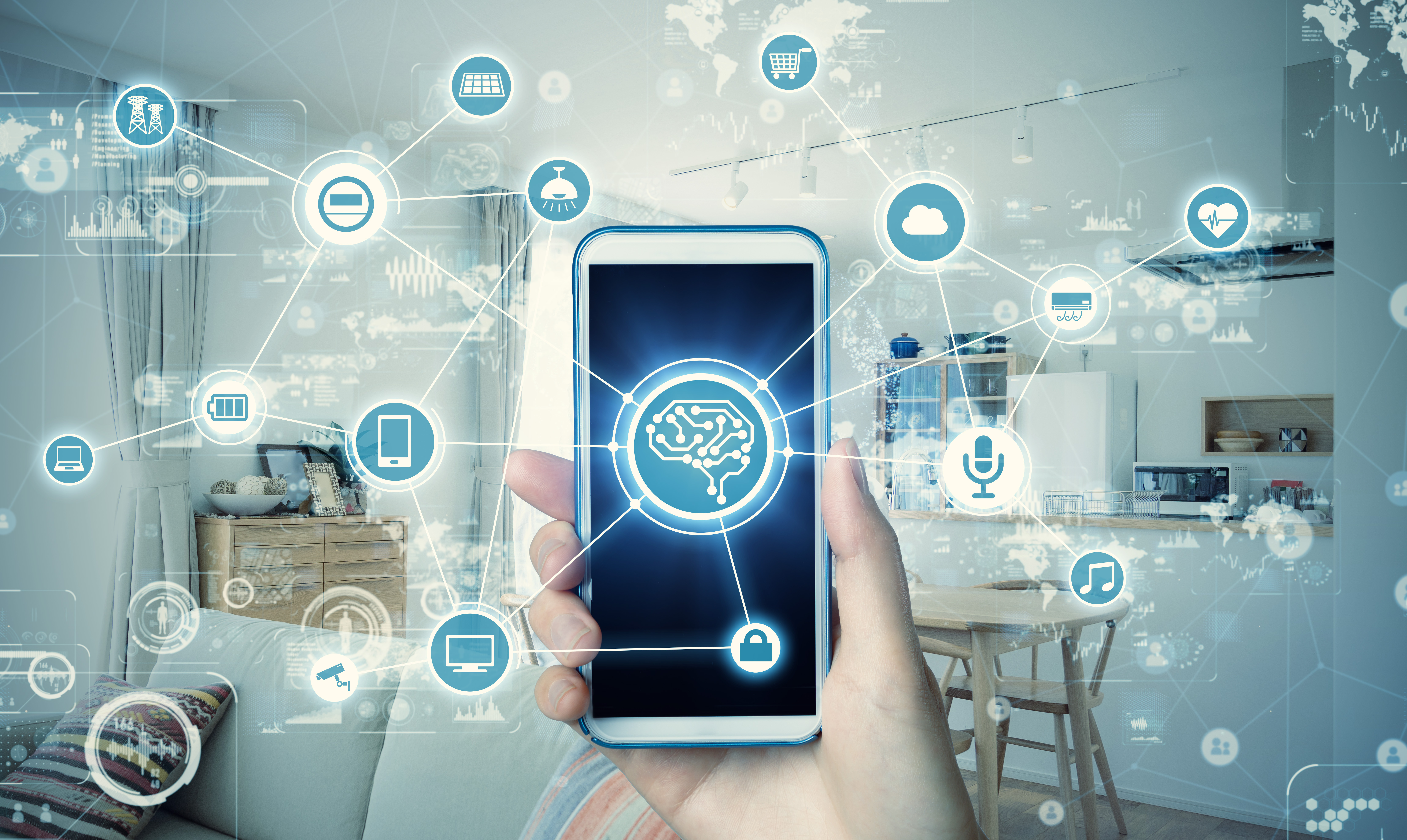
Being a connected patient
With the increased use of mobile communication tools comes greater patient engagement and more individuals focused on improving their health. The rise of digital health comes with many advantages:
- Empowering patients to actively manage and optimise their health, moving from a ‘downstream’ system of disease and symptom management to a more ‘upstream’ system of health creation and disease prevention
- Motivates change and guides healthy behaviours
- Ability to track progress over time and make changes informed by personal data
- Monitoring of wellness markers allowing a focus on health optimisation
- Provision of data that can be shared with health professionals to inform interventions
- New systems have the potential to link patients to medical services more easily and quickly, reducing waiting times and pressure on doctors
Responsibly managed anonymous data, with the express permission of the individual, can be used for research to underpin and support the use of frameworks proposed in the ANH-Intl health sustainability blueprint using the collaborative GoHawthorn project. Such big data sets are invaluable for demonstrating potential associations between positive health change and targeted lifestyle and dietary changes or the application of different systems of medicine e.g. Ayurveda, Traditional Chinese Medicine and complementary or integrative/functional medicine.
But digital health has clear downsides too about which we all need be wary. These include:
- Cybersecurity poses one of the biggest threats as hackers become increasingly sophisticated putting the user at a high risk of identity theft
- Catastrophic failures created by hacking into wireless devices linked to pacemakers that are responsible for maintaining life
- Blind faith in the technology – not stopping to question what ‘the computer says’
- Greater risk of errors with un-monitored AI systems
- Lack of safety testing as manufacturers rush to bring new tech to the market
- Control of data by a few large corporations
- Use of data to support the the over-medicalisation of patients.
Citizen generated, corporate owned
The amount of data we’re creating on a daily basis is mind-bending – a marketeer's dream! But there's been very little public debate on the collection and use of personal health data by third parties. How should it be used for the public's benefit, as well as who owns and controls it.
Concern is now being expressed at the highest level over the power and influence of Big Tech, the likes of Google, Facebook and Amazon, with calls being made to break them up.
PatientsLikeMe openly admit to selling patient data. The UK’s NHS has already shared the medical records of 1.6 million British patients with Google-owned DeepMind, without prior consent.
How far is too far?
Increased use of telemedicine runs a further risk of de-personalising patient care. In a recent incident a hospital patient was told by a doctor that he was dying via video link.
Those controlling and selling the new technologies enjoy huge benefits as patients become dependent on their products. Encouraging citizens to look for disease, sucking them into communities purporting to support them, but paid for by Bad Pharma. Allowing the perfect opportunity to nudge patients into demanding increasingly expensive new ‘blockbuster’ treatments with little or no benefit to the patient, but bringing huge dividends to Bad Pharma.
When the use of health tracking systems goes beyond personal use it could lead to refusal or the withdrawal of health insurance and even jobs. It's the stuff of Orwell's seemingly prophetic novel Nineteen Eighty-Four, nearly 40 years on.
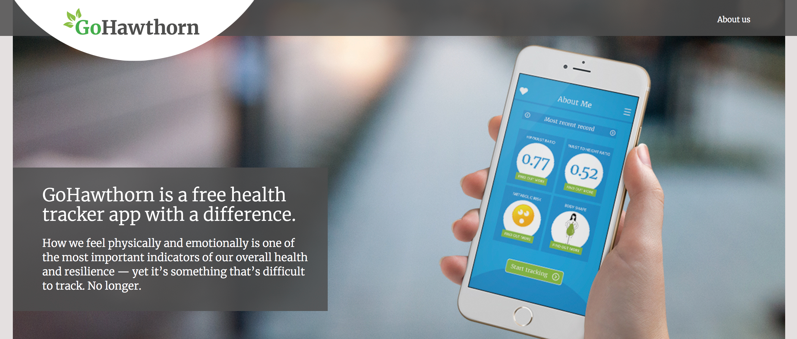
Switch to citizen-owned systems
The good news is that you can protect your data and choose how it’s used. Citizen owned systems do exist, such as Apple’s Health data which is invisible to Apple unless you share it, or MIDATA in the Netherlands. ANH-Intl is collaborating with other partners, including the insurance company Balens, the Netherlands-based contract research organisation TNO and others in the Hawthorn Health Collaboration to create an app. You can read more about the Hawthorn Health Tracker at GoHawthorn. The app will allow individuals to evaluate their health and compare their own health trajectories with others using a big data approach that puts you back in the driving seat.
Unlike the majority of digital health systems out there, with GoHawthorn, users can choose to share their anonymous health data (or not) to support research efforts into how the ‘ecosystem’ of health choices made by individuals contribute to altering health trajectories.
The Hawthorn Tracker is expected to be ready for beta-testing in the UK, the Netherlands, the USA and Australia in the coming few weeks.
If you’re a health practitioner interested in helping your patients or clients to use the GoHawthorn app, please. contact me so I can keep you posted on the lead up to our launch of the beta-test.
Contact me, Melissa Smith, by email at [email protected], or telephone me (during UK office hours) on +44 (0)1483 362200.




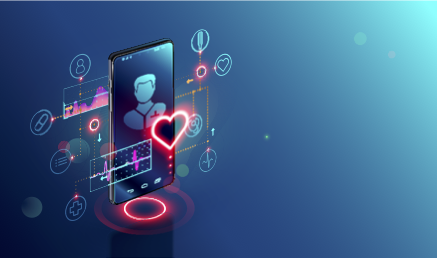
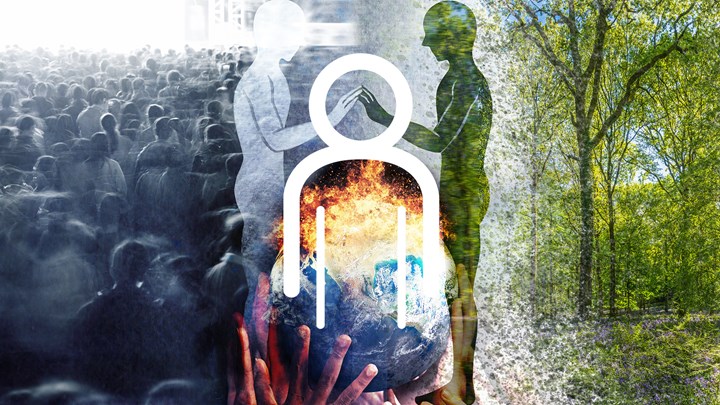
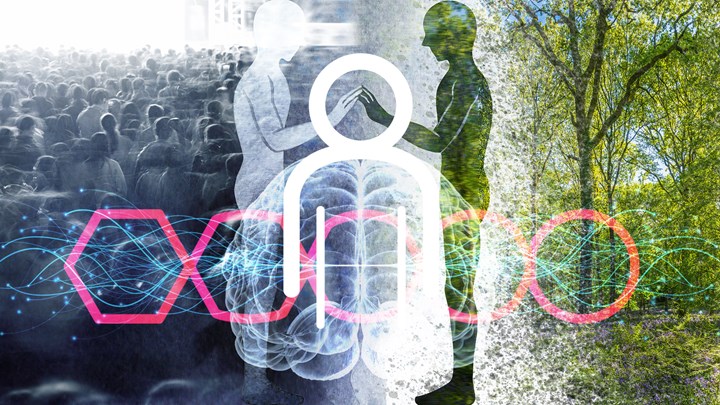
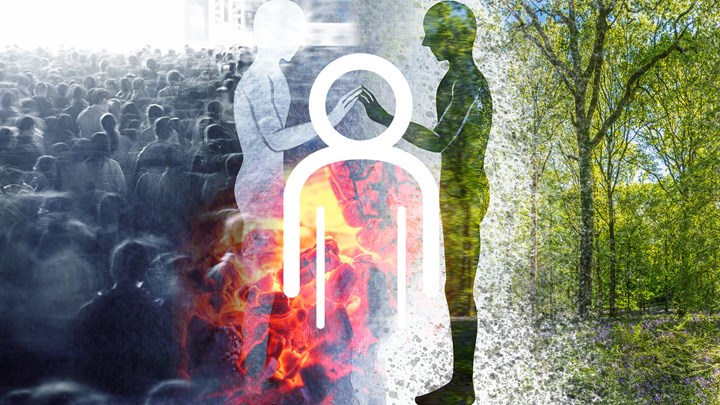
Comments
your voice counts
24 March 2019 at 1:46 am
Dear ANH,
I note the Facebook Twitter and such like LOGOs on this page.
You are one of the very few if the only one site that I allow all your "cookies" to be accepted. But now I am becoming even more wary.
Is there ANY way that these "social sites" that I would never join can access your site - hack? or does any information get through to them from your Subscribers?
With much appreciation for all the good work you have done and do.
Deirdre
P.S. I did write a relevant comment to you briefly detailing my health self diagnosed/treated experiences in brief after a Newsletter written after your comment about a Californian Food synergised Supplements company. which I have used to correct the incredible mistakes the medical world made of my health.
FOr a number of years I ingested 25mcg Hydrocortisone a day. self prescribing I decided that it was no longer needed and stopped it - January 2016. Four weeks ago I finally put my buffered Vit C powder into my daily water bottle (water++ required for Adrenals/ health), Cortisol Blood tests after 3 weeks and I had MORE than doubled the test result that I had for many years. Given that all the body is so well now and parts rejuvenated, but I put this incredible response re Adrenal output down to the 4,000mg daily VIt C and 500mg Ascorbyl Palmitate (added 3 weeks ago, from same USA Co.,). It is 30 years since Drs made a very incorrect Diagnosis and in fact I had Systemic Candidiasis all those years with major multiple other infections, NOT Thyroid problem. So shows the power of the water soluble VIt C (right brand) that Linus Pauling claimed so much for is correct.
How I hope that the Public learn about the good work you do and the simple, cost-effective solutions to health available for us.
27 March 2019 at 2:48 pm
Hi Deidre, thank you for all your comments and ongoing support.
I can understand your concerns and appreciate your trust in what we do. Social media sites are given minimal information about someone visiting our website in order to allow the share buttons to work (IP address, browser/operating system information, and the address of the website). This article from Facebook gives more detailed information - https://newsroom.fb.com/news/2018/04/data-off-facebook/. They don't have access to subscriber information, which is not stored on the website.
I hope this answers your question.
Warm Regards
Melissa
Your voice counts
We welcome your comments and are very interested in your point of view, but we ask that you keep them relevant to the article, that they be civil and without commercial links. All comments are moderated prior to being published. We reserve the right to edit or not publish comments that we consider abusive or offensive.
There is extra content here from a third party provider. You will be unable to see this content unless you agree to allow Content Cookies. Cookie Preferences